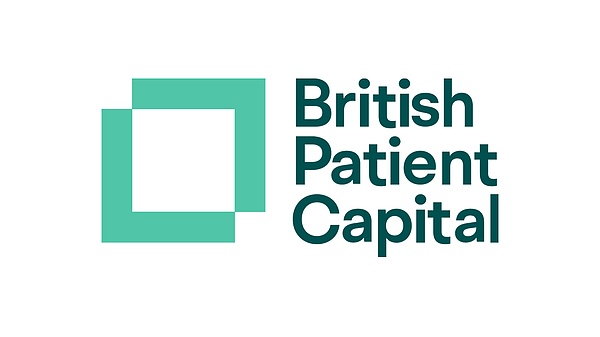Patient Capital is a well-known asset management company with more than US$1.8 billion in assets under management.
According to a recent portfolio holdings report, the company has submitted an application to the SEC (U.S. Securities and Exchange Commission) requesting permission to allocate up to 15% of its funds to a BTC ETF .
Patient Capital’s move comes amid heavy inflows into the BTC ETF market, reflecting growing interest from institutional and retail investors in these newly approved index funds.
According to a document filed by Patient Capital on March 11, the company plans to seek investment in BTC by investing in exchange-traded products ("BTC ETPs"). This product was registered under the Securities Act in 1993.
This marks Patient Capital’s transition from its previous investment in Grayscale’s BTC trust fund GBTC to a BTC ETF.

p>
In addition to direct expenses, the Fund will bear a pro rata share of the management fees and other expenses associated with the BTC ETFs and incur brokerage commissions when trading shares of these ETFs.
While Patient Capital is interested in the BTC ETF, the document also highlights some concerns about the broader crypto asset market and BTC itself.
Patient Capital pointed out that the auditing standards of BTC may be different from the auditing standards of U.S.-registered securities.
The company highlighted the “unregulated nature” and “lack of transparency” of digital asset platforms, saying they are vulnerable to fraud, manipulation, security failures and operational issues. .
That is to say, while Patient Capital is willing to participate in the newly launched BTC ETF market, the company also acknowledges that the value of BTC and the value of its investment in the BTC ETF market may be "adversely affected by these risks." ".
The document submitted by Patient Capital also pointed out that countries including the United States may impose restrictions on the future acquisition, use or sale of BTC, or even ban BTC.
Additionally, the asset management firm noted that U.S. regulation of Crypto assets is “still evolving” and current and future regulatory actions may have a significant impact on the nature of Crypto asset investments< /strong>.
Importantly, Patient Capital also acknowledged that classifying digital assets as securities under federal securities laws remains “complex and difficult to predict,” which could impact the value of the assets.

p>In addition, market volatility and limited trading activity in the secondary market may result in a significant premium or discount to the net asset value of the BTC ETF.
The company warned that the lack of an active stock trading market may result in limited market liquidity and possible losses when selling shares.
The BTC ETF has a limited number of authorized participants, market makers and liquidity providers, which may affect trading dynamics and may lead to significant discounts to net asset value, widening of bid-ask spreads, trading halts or even Delisting.
Patient Capital’s application to allocate a portion of its fund to a BTC ETF shows that the asset manager recognizes the growing institutional interest in crypto assets.
However, the document also highlighted the alleged risks of the Crypto asset market, including regulatory uncertainty, market volatility and limited liquidity.
 Joy
Joy





